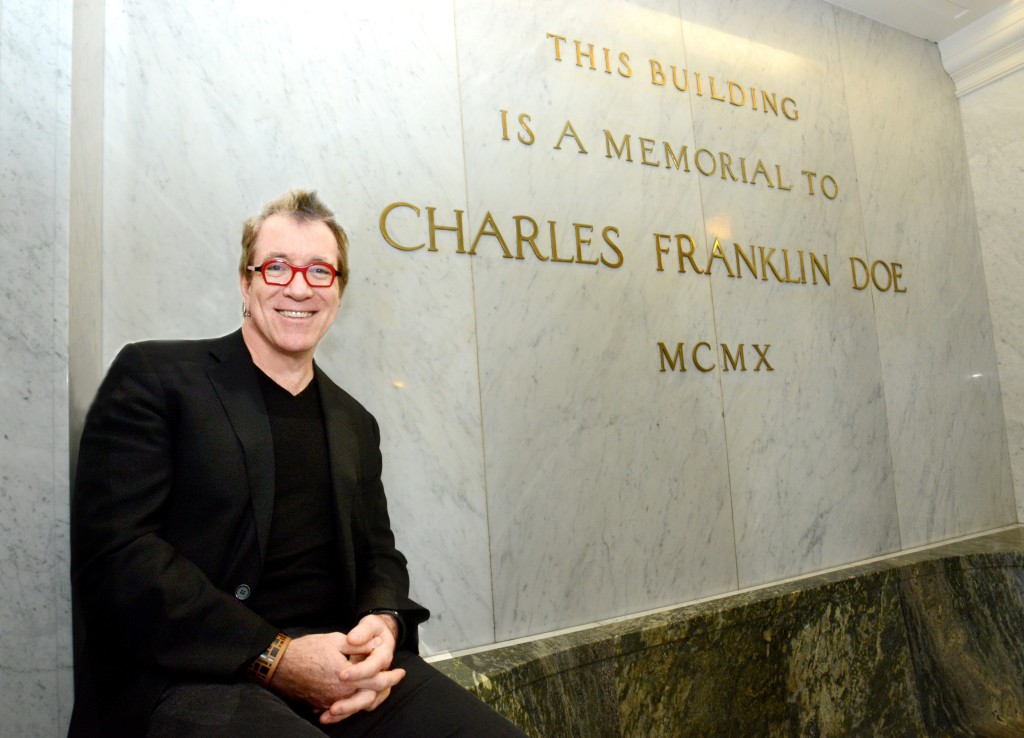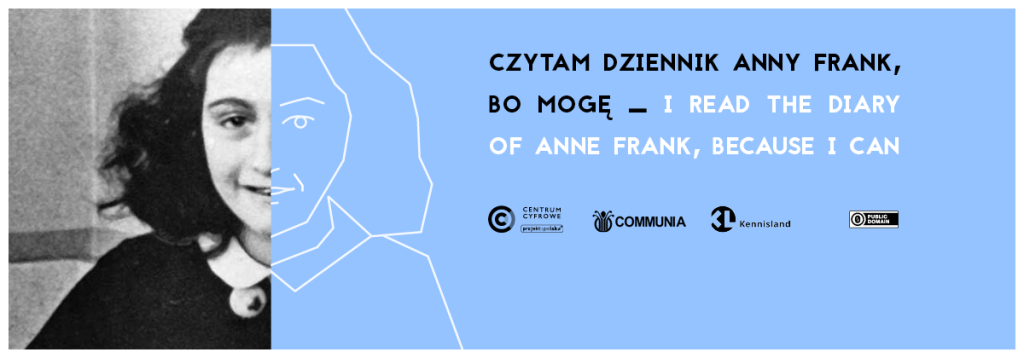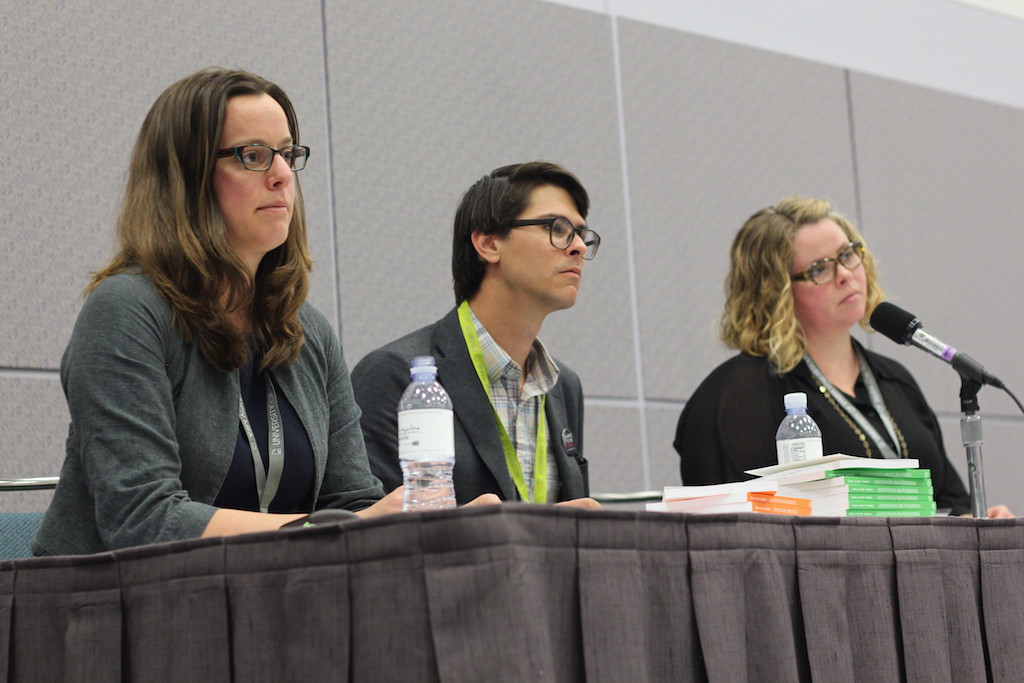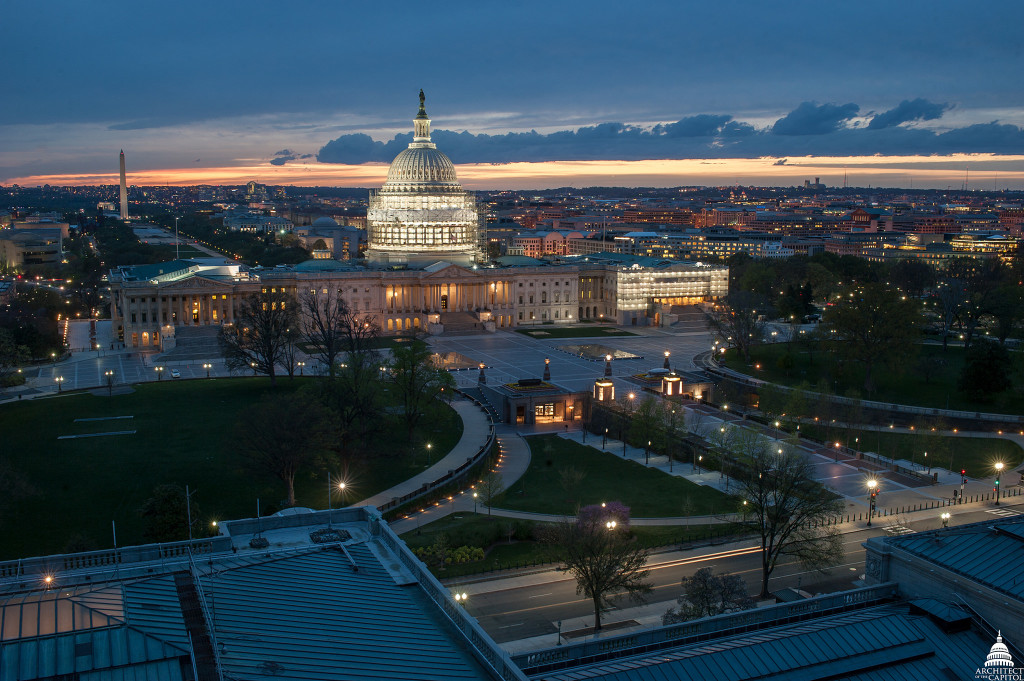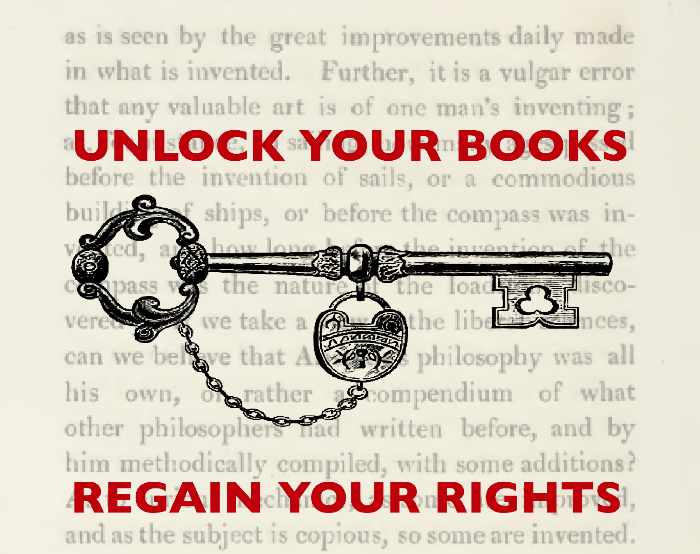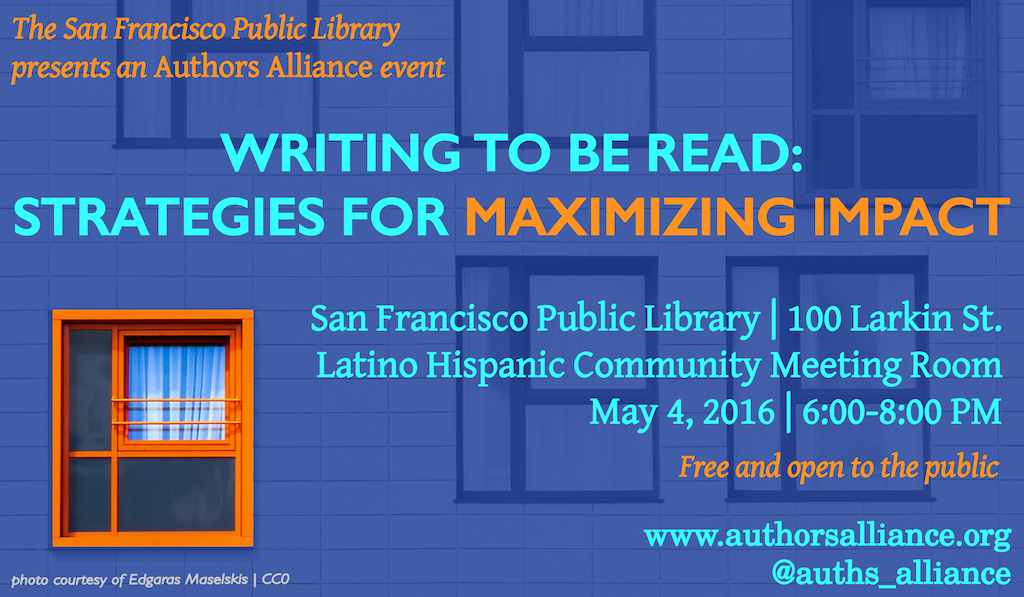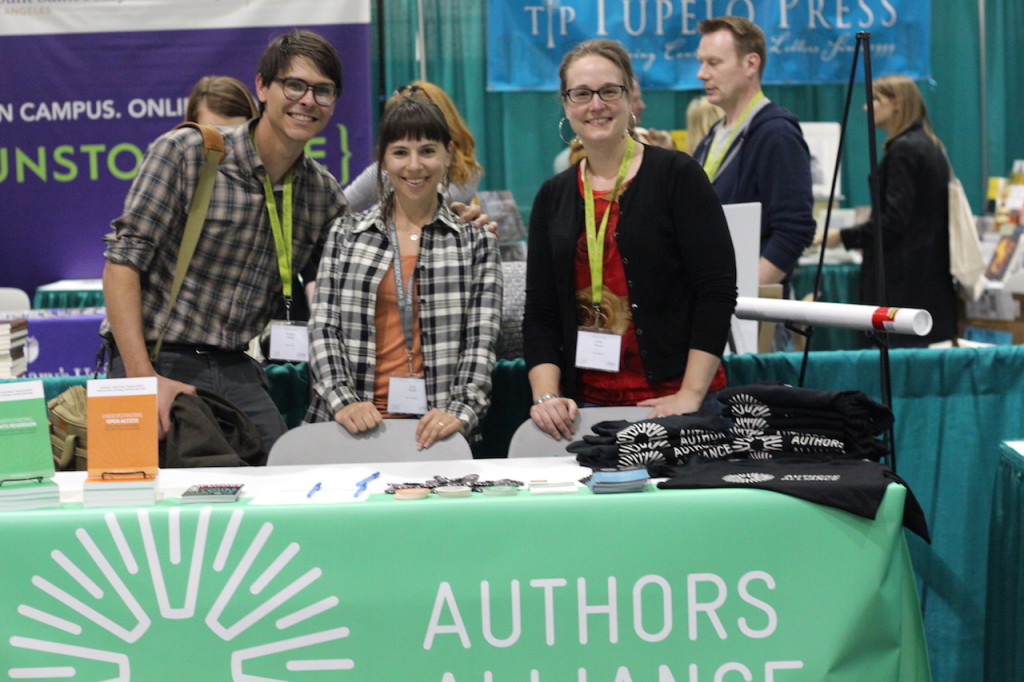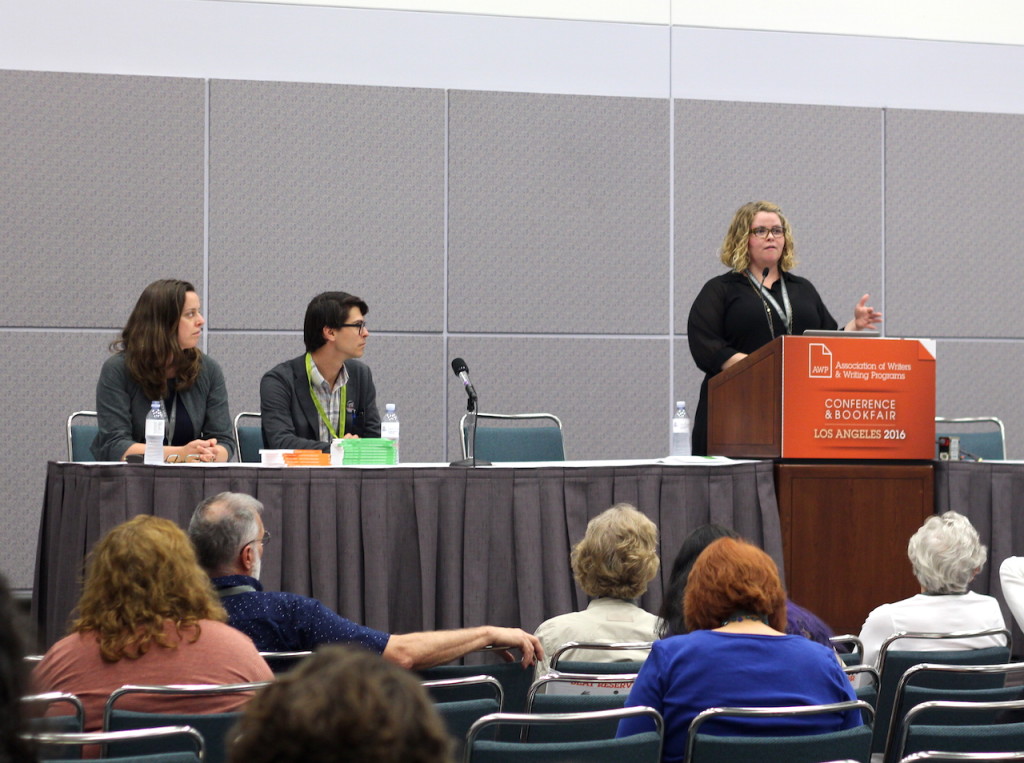Authors Alliance Executive Director Michael Wolfe
When Authors Alliance launched two years ago with its Principles and Proposals for Copyright Reform, one of the reforms we endorsed was support for a formal “moral right” of attribution. In that document, we said:
The law should recognize the right of authors to be acknowledged as creators of our works. This is especially important for those of us who create in order to contribute to knowledge and culture. Attribution serves not only our interests as authors, but also the reading public’s interest in knowing whose works they are consuming and society’s interest in an accurate record of the intellectual heritage of humankind.
A fitting way for Authors Alliance to celebrate its second birthday was to serve as an invited speaker at Authors, Attribution, and Integrity: Examining Moral Rights in the United States, a symposium organized by the U.S. Copyright Office in Washington, D.C. on April 18.
Although you might expect otherwise, copyright law in the United States does not provide authors with the right to be acknowledged as the creator of their works. The United States has long resisted adoption of so-called “moral rights,” including the right of attribution, mostly because of objections from copyright industry firms, not from authors. However, there has been increasing momentum in particular around our adoption of a right of attribution. The Symposium reflected this renewed energy, and a building consensus toward the idea that a right of attribution could work here, to the benefit of our creative economy.
The Copyright Office announced that it will be seeking public comments on moral rights issues very soon. Authors Alliance plans to submit formal comments, but below is a summary of some of the discussion at the April 18 symposium.
On the topic of attribution, two central themes were explored. First, what would an American attribution right look like? Second, what do authors and the public stand to gain from an attribution right?

